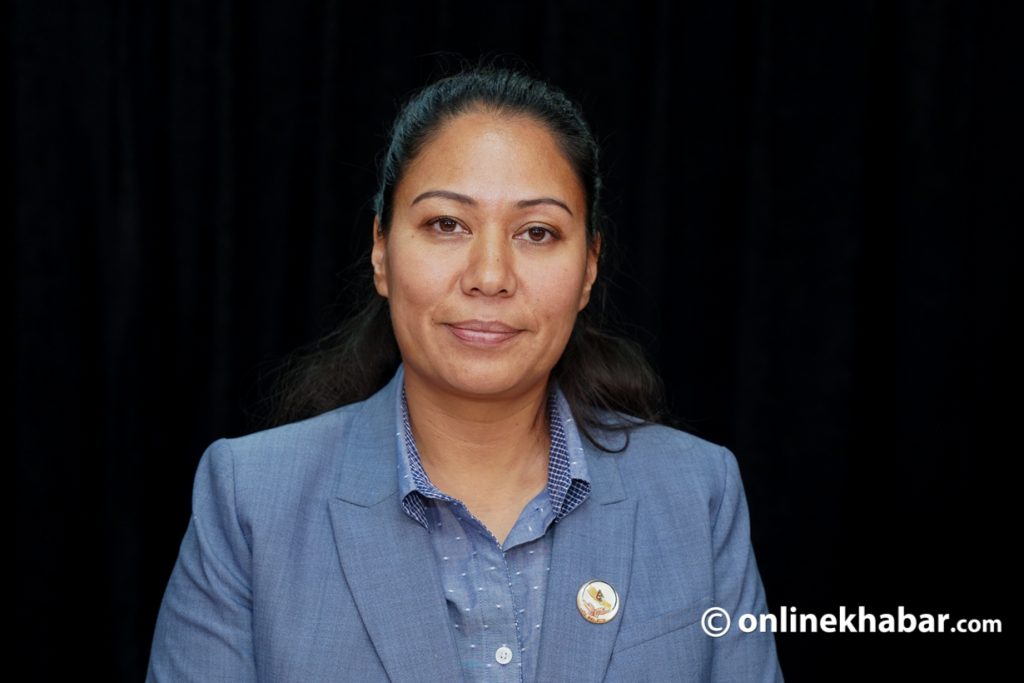The ownership over property is always considered equivalent to power. However, the patriarchal setup like it is in Nepali society considered women non-deserving of property rights and hence the sons were always the ones to inherit property. A long legal and social battle, however, led to the equality over property rights among sons and daughters in Nepal.
After a lot of changes in law, the current Civil Code, 2017, provides equal inheritance laws, ensuring equal rights to sons and daughters to the ancestral property regardless of their marital status. Section 205 of the code regards the husband, wife, father, mother, son and daughter shall be regarded as beneficiary/coparceners of the property.
Here are the basics that you need to understand about the property partition law in Nepal:
1. Right to property
Section 206 of the Civil Code, 2017, mentions each beneficiary/coparcener shall have equal entitlement to partition share. Further, if a woman beneficiary/coparcener is pregnant at the time of partition, and the baby to be delivered by her is to become a beneficiary/coparcener, the partition of property shall be done by treating such a foetus also as a beneficiary/coparcener and only after setting aside his or her partition share of the property.
Additional to this, section 207 of the code states a son and daughter born to a couple who cannot conclude a marriage or whose marriage cannot be considered valid or whose matrimonial relationship is dissolved according to law shall obtain their partition share from such a father and mother.
2. Right to the mother’s property
Section 208 of the Civil Code, 2017, states that a son and daughter whose father is not traced shall obtain their partition share from the property belonging to their mother only. Additional to this, a wife kept without making public or a son and daughter born from her shall not be entitled to claim a partition share after the death of the husband or father.
3. Right to separartion and obtaining property

According to section 211 of the Civil Code, 2017, the husband, wife, father, mother, son and daughter having property in common shall make an arrangement according to their reputation and income, for the maintenance and medical treatment of the wife, husband, son, daughter, father and mother. If a person who is entitled to make arrangements as referred above fails to make such arrangements, the beneficiary/coparcener is entitled to get separated by obtaining his or her partition share.
However, if there is a mutual agreement between the beneficiary/coparcener, they may get separated at any time by obtaining their respective partition share, or the husband, father, mother or person acting as the head of the family considers it appropriate for the beneficiary/coparcener to obtain their respective partition share and get separated rather than living in one family, the beneficiary/coparcener may get separated by effecting partition at any time.
4. Prohibition of hiding property
According to section 226 of Civil Code, 2017, no person shall conceal or hide a property that is liable to partition. If a beneficiary/coparcener is subsequently held to have concealed or hidden any property which is held in his or her name and is liable to partition, at the time of effecting partition or at the time when asked by the court to submit an inventory, the beneficiary/coparcener so concealing or hiding the property shall have no right to obtain such property.
Read also:
























